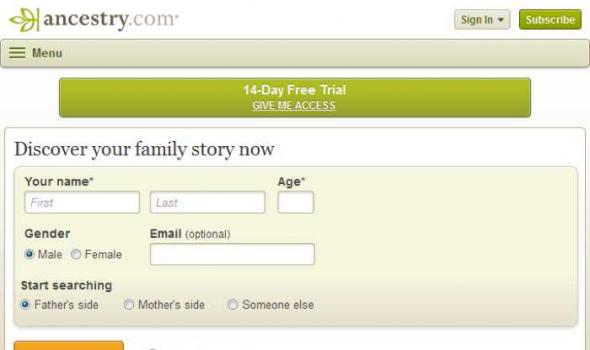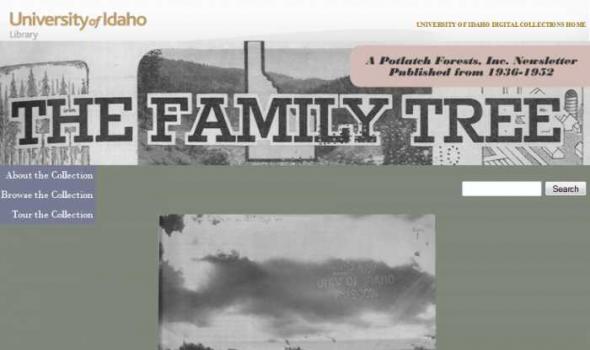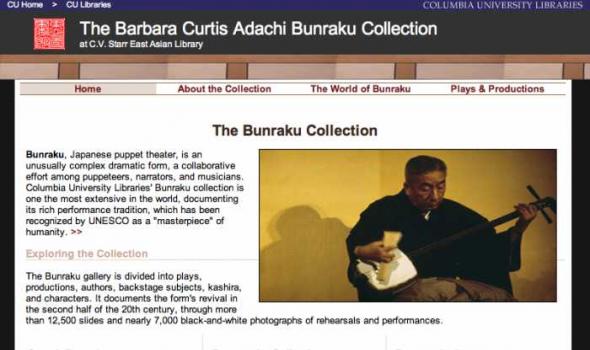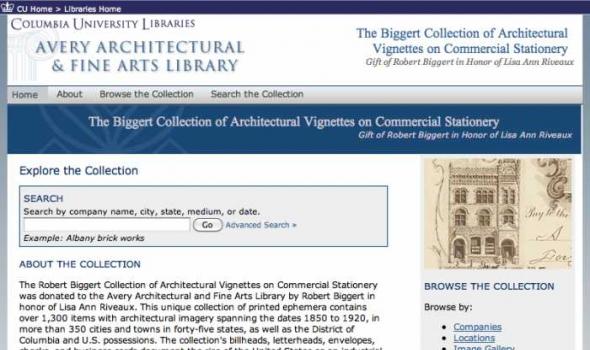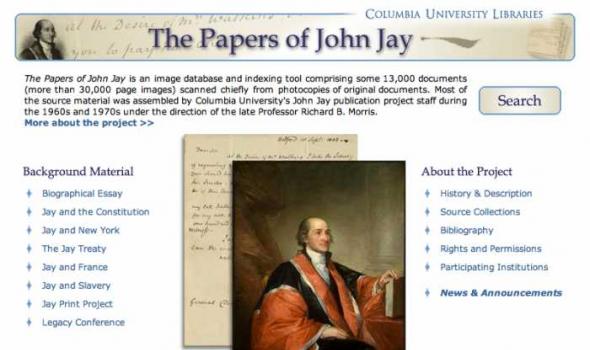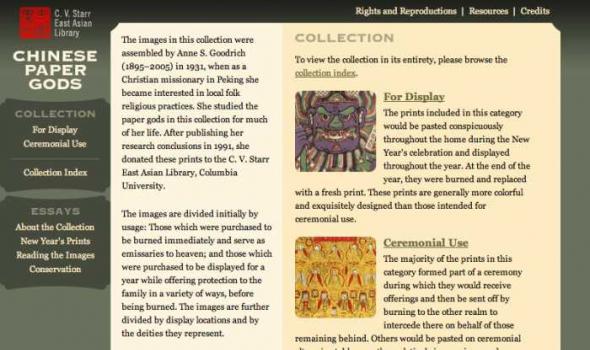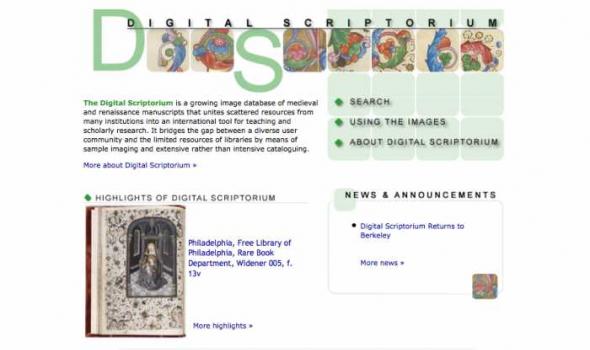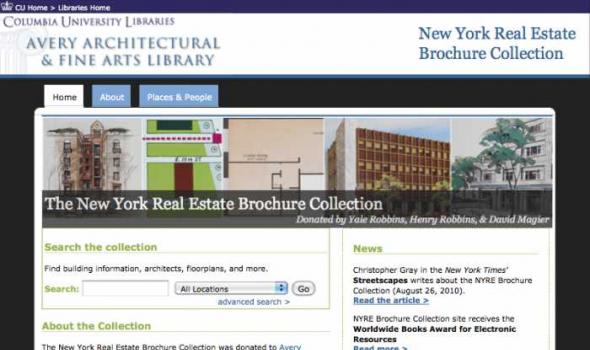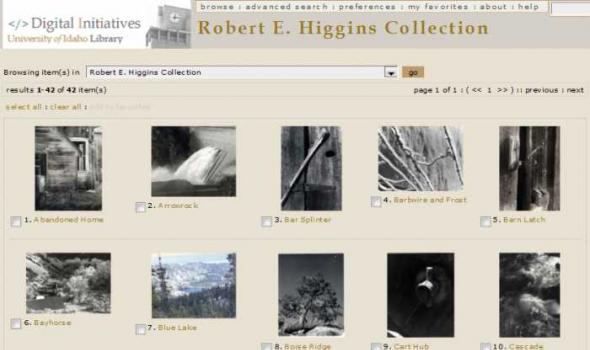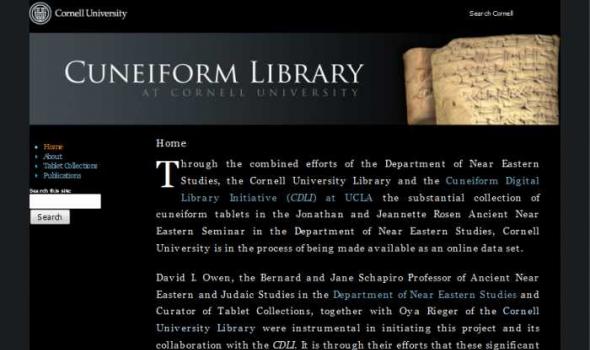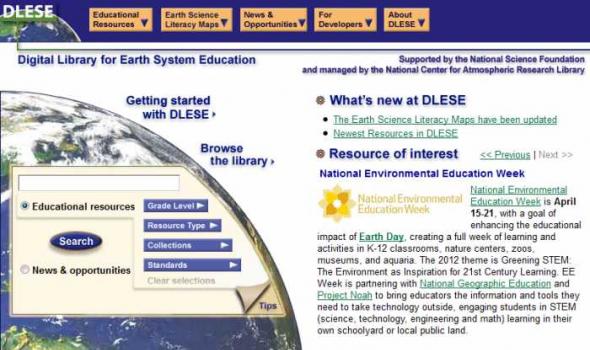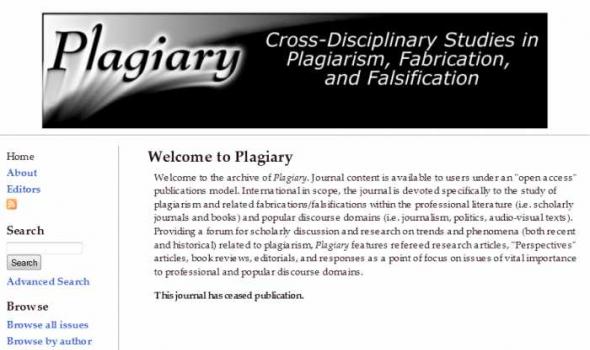Category: Directories, Encyclopedias & Almanacs
Results
Get to know the people behind the names. Here are some details on specific historical records: U.S. Census Records Learn if ancestors owned homes or were born in other countries. You could get details about their ages, places of birth, ethnic backgrounds, marriages, children, occupations — even the value of their personal estates. U.S. Military Records Find your family’s military heroes from the Revolution- ary War through Vietnam. See enlistment dates, learn about famous battles, locate veteran gravesites and discover personal details like a physical description, signature and more. U.S. Immigration Records Discover your ancestral homeland and recreate family journeys across oceans.
About the Collection The Family Tree was a newsletter published by Potlatch Forests, Inc. for their employees from 1936 - 1952. The newsletter covers local (Northern Idaho) and national events, with a special focus on issues pertaining to Potlatch Forests, Inc. and its loggers and other employees. The content varies greatly — from reports on the head injuries of sawmill workers to editorials on the war crimes of Hirohito , written near the end of WWII — and is consistently well-written and evocative of the daily life of Potlatch workers and their families during these years. Some other interesting Family Tree articles include: The collection was digitized in the summer of 2010, per user request.
Organized in 1925, the Coral Gables Garden Club has promoted gardening and community beautification in Coral Gables for over 80 years. In recent years, the club helped preserve George Merrick's vision for his city, raising funds for new entrances to Coral Gables at Douglas and Red roads and Miracle Mile; commissioning a statue of Merrick recently dedicated in front of Coral Gables city hall; and supporting the preservation of the George Merrick house on Coral Way.
Lexicons of Early Modern English (LEME) is a historical database of monolingual, bilingual, and polyglot dictionaries, lexical encyclopedias, hard-word glossaries, spelling lists, and lexically-valuable treatises surviving in print or manuscript from the Tudor, Stuart, Caroline, Commonwealth, and Restoration periods. Texts of word-entries whose headword (source) or explanation (target) language is English tell us what speakers of English thought about their tongue in the period served by the Short-title and Wing catalogues, from the advent of printing to about 1700. Their lexical insights, which may at times seem misguided to us, shaped the history of our living tongue. Any contemporary's testimony about the meaning of his own words has an undeniable authority.
About - University of Oregon. Office of the Dean of Personnel Administration. National Japanese American Student Relocation Council Records 1942-1946 The National Japanese American Student Relocation Council was created by university administrators as a means of relocating Japanese American college students to other universities and colleges away from the West coast during World War II, and to prevent these students from being interned in government-run internment camps. At the University of Oregon, Karl Onthank, Dean of Personnel Administration, represented the University in relocating UO Japanese American students. The collection includes correspondence, newsletters, speeches, minutes of meetings, and ephemera.
History of Medicine Early Days Almanacs have been a part of American life since its very beginning. One of the first books printed in English America was an almanac. By the mid-18th century the almanac had become, after the Bible, the book most likely to be found in ordinary homes. Produced annually, almanacs provided practical information and entertainment. The main feature was a calendar which showed the months and days, the positions of the moon and the planets, religious and civil commemorations, and weather predictions, sometimes decorated with an illustration of a seasonal scene or the sign of the zodiac. Medieval almanacs showed the church’s feast and fast days.
About this Project First published over the course of more than twenty years (1751-1777), the 32 volumes of the Encyclopédie include 21 volumes of text with more than 70,000 articles on subjects ranging from asparagus to zodiac. The remaining 11 volumes contain beautifully engraved plates illustrating many of the articles. The Encyclopédie was the major achievement of the French Enlightenment whose aim, in Diderot's words, was to "change the common way of thinking" through the expansion of knowledge and the development of critical modes of thought. The Encyclopédie was a collaborative project, the work of a "society of men of letters," as its title page declared. By the time the last volume was published, more than 140 people had contributed articles to its pages.
